Research Program
Aging and Cognition
While the healthcare profession has achieved remarkable progress in lengthening life expectancy, more must be done to ensure that those added years are healthier ones. Schaeffer Center experts are researching the fiscal and health consequences of an aging population, and how we can improve the lives of older adults through interdisciplinary research.
Program Leadership
-
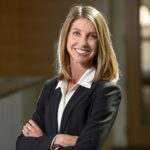
Julie Zissimopoulos, PhD
Co-Director, Aging and Cognition Program, USC Schaeffer Center
Co-Director, CeASES ADRD and AD-RCMAR
Senior Scholar, USC Schaeffer Institute
Professor, USC Sol Price School of Public Policy
-
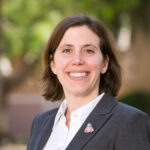
Mireille Jacobson, PhD
Co-Director, Aging and Cognition Program, USC Schaeffer Center
Senior Scholar, USC Schaeffer Institute
Associate Professor, USC Leonard Davis School of Gerontology
Featured Research
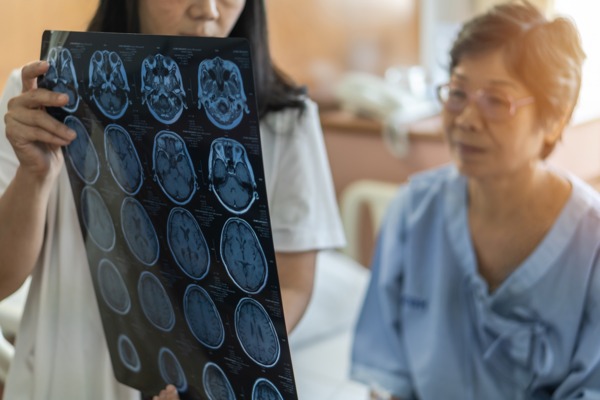
Trends in Incident Dementia Diagnosis Before and After Medicare Risk Adjustment
The research assessed annual trends in incident ADRD diagnosis for all beneficiaries in MA and compared them with trends in traditional Medicare (TM) from 2016 through 2020.

Estimates of Diagnosed Dementia Prevalence and Incidence Among Diverse Beneficiaries in Traditional Medicare and Medicare Advantage
The prevalence of diagnosed dementia among beneficiaries in MA was lower than in TM.

Expanding the Use of Brief Cognitive Assessments to Detect Suspected Early-Stage Cognitive Impairment in Primary Care
Providing primary care clinicians with suitable assessment tools, integrating brief cognitive assessments into routine workflows, and crafting payment policies to encourage adoption of assessments would all help improve detection.
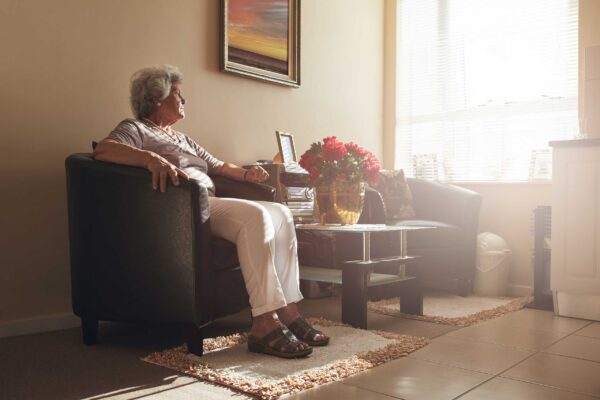
Potentially Inappropriate Medication Use in Community-Dwelling Older Adults Living with Dementia
The Beers Criteria identifies potentially inappropriate medications that should be avoided in older adults living with dementia.
Does Medicare Advantage Deliver Better Care for Persons Living with Dementia than Traditional Medicare?
With data available from CMS on all Medicare beneficiaries enrolled in private plans and traditional Medicare, researchers at the USC Schaeffer Center are driving new research on how payment structures impact the care of persons living with dementia.
Read Full Story
Experts in Aging and Cognition
-
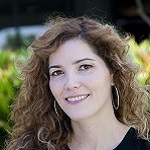
Emma Aguila, PhD
Senior Scholar, USC Schaeffer Institute
Associate Professor, USC Price School of Public Policy
-

Jennifer A. Ailshire, PhD
Scholar, USC Schaeffer Institute
Assistant Professor, USC Leonard Davis School of Gerontology
2014-2015 RCMAR Scientist, USC Schaeffer Center
-
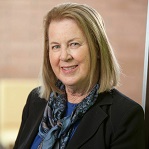
Eileen Crimmins, PhD
Senior Scholar, USC Schaeffer Institute
Associate Dean, USC Leonard Davis School of Gerontology, USC Andrus Gerontology Center
AARP Professor of Gerontology, USC Leonard Davis School of Gerontology
Director, USC/UCLA Center on Biodemography and Population Health
-
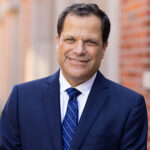
Dana Goldman, PhD
Director, USC Schaeffer Institute
Co-Director, USC Schaeffer Center
University Professor of Public Policy, Pharmacy, and Economics, USC
-
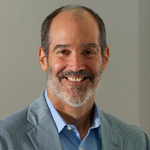
Geoffrey Joyce, PhD
Director, Health Policy, USC Schaeffer Center
Senior Scholar, USC Schaeffer Institute
Chair, Department of Pharmaceutical and Health Economics, USC Mann School
Associate Professor, USC Mann School